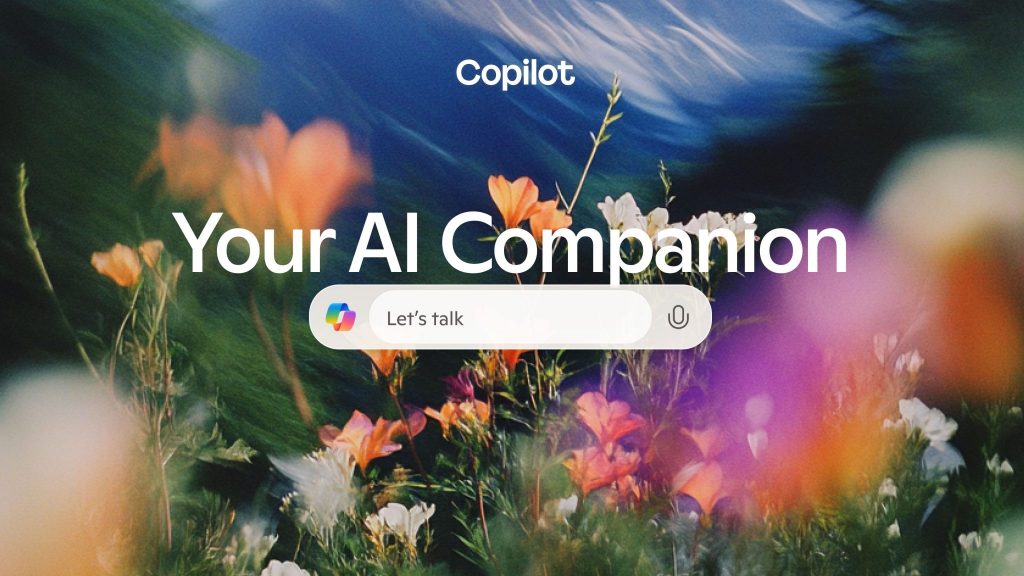Unity vs Unreal Engine: which game engine is for you?
The 4 key considerations to make when choosing between these two leading game engines.

Unity vs Unreal Engine – it's been a debate between digital artists and game developers for years now. Arguably two of the most popular game engines available today, Unity and Unreal Engine are used by large studios and indie developers alike. But what, if anything, sets them apart? And which of the two best suits your needs?
Here, James Burrows, technical director at Immersive Studios, reveals the four key things you need to consider when choosing between these two leading game engines.
01. What level of visuals are you after?
One of the main differentiators when considering Unity vs Unreal Engine is the quality of visuals. Unreal offers high-fidelity visuals straight out of the box, whereas Unity – while still able to produce high- quality visuals – takes a lot more work to get your assets looking close to the same level as Unreal. And even then, it won’t produce quite the same quality.
It’s for this reason that you’ll find Unreal used more on big games and productions from large studios. So, if you want as close to photorealistic assets as possible, it’s quicker and easier to achieve this with Unreal.
02. What device is your project aimed at?
If you’re looking to create a project to run on lower-powered devices, such as mobile phones, then the high processing power demanded by Unreal isn’t necessarily for you. This is where Unity really comes into its own. Originally designed to run on devices like consoles and phones, Unity enables you to create complex projects for low-end devices without requiring such a powerful PC setup as Unreal. If, on the other hand, you’re creating an experience for high-end devices, then either Unity or Unreal will set you right. But that also depends on...
03. What's your team size?
The consensus amongst the collective experience of the Immersive dev team is that to get the very best out of Unreal, you need a large and specialist team that’s dedicated to different parts of the process – for example, someone dedicated just to particles or someone just to shaders.
Unity, on the other hand, is much easier for developers to get to grips with straight away – making it a good choice for one-man bands and smaller teams to create an effective experience. Its asset store is also significantly bigger, making it simpler to populate your game or experience if you don’t have a massive team.
04. Are you a developer or a visual artist?
There’s no doubt about it, this seems to affect preference. Our developers prefer Unity, but our visual artists opt for Unreal – and this is purely down to the difference in visuals. Both game engines offer the same sort of functionality and capability, just packaged in different ways.
For a while now, the lines differentiating the two have started to blur as Unreal – starting out as an AAA game engine – aims to make itself more accessible for smaller teams and experiences, while Unity – originally preferred by indie studios for simple games and experiences – continues to work its way up to the top by adding pro-level features.
The main difference is visual quality and your target platform – but we think it won’t be long until both engines reach a similar level in both respects. In which case, soon it’ll simply be a case of personal preference."
This article originally appeared in issue 242 of 3D World magazine; subscribe here.
Read more:

Thank you for reading 5 articles this month* Join now for unlimited access
Enjoy your first month for just £1 / $1 / €1
*Read 5 free articles per month without a subscription

Join now for unlimited access
Try first month for just £1 / $1 / €1
Get the Creative Bloq Newsletter
Daily design news, reviews, how-tos and more, as picked by the editors.

The Creative Bloq team is made up of a group of design fans, and has changed and evolved since Creative Bloq began back in 2012. The current website team consists of eight full-time members of staff: Editor Georgia Coggan, Deputy Editor Rosie Hilder, Ecommerce Editor Beren Neale, Senior News Editor Daniel Piper, Editor, Digital Art and 3D Ian Dean, Tech Reviews Editor Erlingur Einarsson, Ecommerce Writer Beth Nicholls and Staff Writer Natalie Fear, as well as a roster of freelancers from around the world. The ImagineFX magazine team also pitch in, ensuring that content from leading digital art publication ImagineFX is represented on Creative Bloq.
